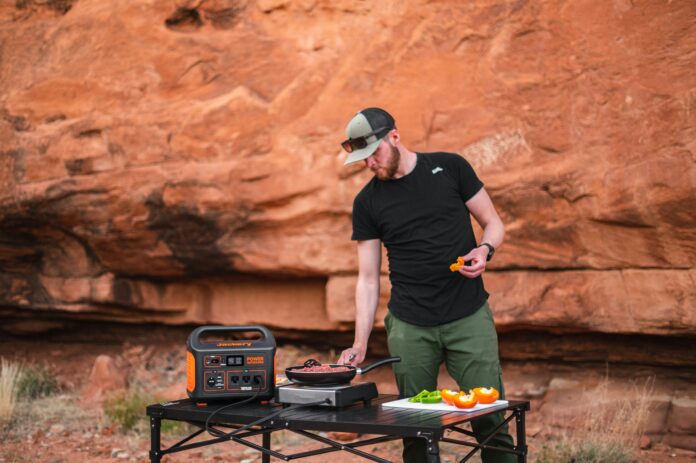Embarking on a wilderness adventure brings the promise of escape from the hustle and bustle of daily life, offering a chance to reconnect with nature. However, even the most rugged outdoor enthusiasts may find themselves in need of a power source to charge devices, power lighting, or run small appliances. This is where the role of a camping generator becomes indispensable. But with the myriad of options available, choosing the best camping generator that combines efficiency, portability, and environmental consciousness can be daunting. Here’s a guide to selecting the best lightweight power sources for your wilderness adventures.
**Understanding Power Needs**
Before diving into the world of generators, it’s crucial to assess your power requirements. Consider the devices and appliances you plan to bring along and their energy consumption. This will help determine the power output you need from a generator. For most camping needs, including charging phones, powering lights, or running a small cooler, a lightweight and compact generator with a power output of up to 2000 watts should suffice.
**Prioritizing Portability**
One of the prime considerations for a camping generator is its portability. The essence of camping is mobility and experiencing the freedom of the outdoors, which means lugging around a heavy generator can detract from the experience. Look for models that are designed with the camper in mind, featuring lightweight construction, compact dimensions, and ergonomic handles or wheels for easy transportation. The latest inverter generators are particularly notable for their user-friendly design, combining portability with quiet operation and fuel efficiency.
**Fuel Efficiency and Environmental Impact**
In the wilderness, fuel availability can be limited, and the environmental impact of your activities is a significant consideration. Opting for a generator that is fuel-efficient and produces minimal emissions is key. Inverter generators excel in this regard, as they adjust the engine speed to the load, reducing fuel consumption and emissions. Additionally, consider generators that run on cleaner fuels such as propane, which burns cleaner than gasoline or diesel, further minimizing your environmental footprint.
**Noise Considerations**
The tranquility of the great outdoors is part of camping’s allure, making a noisy generator an unwelcome intrusion. Fortunately, many modern camping generators are designed to operate quietly, thanks to sound-dampening technology and quieter inverter mechanisms. Look for generators with a noise level of less than 60 decibels, ensuring your power source won’t disturb the peace of your campsite or surrounding wildlife.
**Reliability and Maintenance**
Lastly, the reliability of your camping generator is paramount. A generator that fails when you’re miles from civilization is not only inconvenient but could also pose safety risks. Opt for reputable brands known for their durability and ease of maintenance. Additionally, consider models with built-in safety features such as low-oil shutoff, overload protection, and easy-to-use controls for a worry-free camping experience.
In conclusion, choosing the best camping generator requires a balance of power, portability, environmental consideration, noise level, and reliability. By carefully assessing your needs and prioritizing these factors, you can select a generator that enhances your wilderness adventures, ensuring you have the lightweight power needed to enjoy the great outdoors without compromising on comfort or environmental responsibility.





